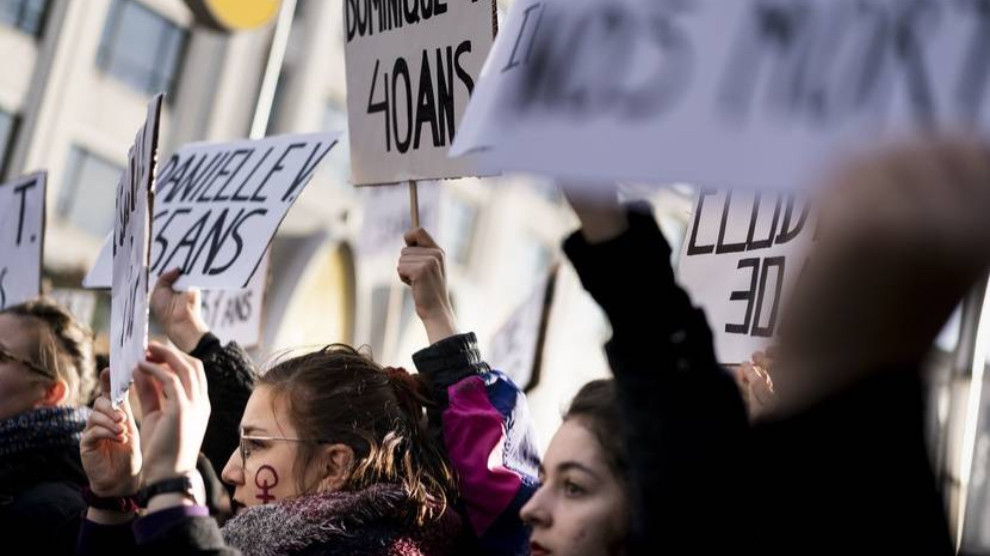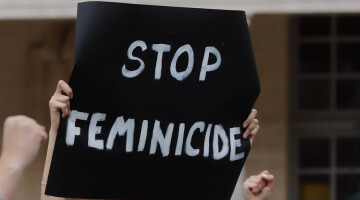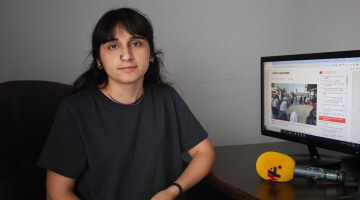The Council of Europe wants to conclude the EU ratification of the Convention on preventing and combating violence against women, also known as the Istanbul Convention, in 2020.
Six member states have signed but not yet ratified the Convention, namely Bulgaria, Czechia, Hungary, Lithuania, Latvia, Slovakia.
Lithuania, home of the EU's agency for gender equality, has not ratified the convention.
Hungary's justice minister Judit Varga last year described the Istanbul convention as a "political tantrum", and government officials speak of gender as an ideology.
The European Institute for Gender Equality (EIGE), an EU agency, found that despite 21 countries having ratified the convention, some of them are not fulfilling the minimum levels of support, such as national hotlines.
The European Commission hopes to give "new impetus" to the fight for gender equality by bringing in laws that aim to eliminate the gender pay gap and push for more women to sit on corporate boards, but was accused of "wasting" its opportunity.
The measures were set out in the Gender Equality Strategy 2020-2025, launched Thursday.
"Today we are beginning a new chapter for gender equality in the EU," said Věra Jourová, the commissioner for values and transparency. "The female perspective is urgently needed in the increasingly unstable world."
EU Commission to combat gender pay gap
The EU Commission aims to combat gender pay gap by asking countries to implement pay transparency measures in a strategy rolled out on Thursday.
The commission is planning to put forward "binding measures on pay transparency" later this year, after a consultation with employers, employees, and EU member states.
Even though more women graduate from universities, they earn on average 16 percent less than men do and only eight percent of CEOs of the EU's largest companies are women, the commission pointed out in its gender strategy.
Women also receive 30 percent less pension then men, while 75 percent of unpaid care and domestic work is done by women.
Thirteen EU countries have no pay transparency measures. Others have different tools, for instance in Germany there is the right to information in companies with at least 200 workers.
BACKGROUND
The Istanbul Convention, adopted by the Council of Europe in 2011, entered into force in 2014 and was signed by the EU in June 2017. It is the first international instrument of its kind - states that ratify it must follow comprehensive, legally binding standards to prevent gender-based violence, protect victims and punish perpetrators.
According to a 2014 Fundamental Rights Agency survey, one in three women in the EU has experienced physical and/or sexual violence since the age of 15. 55% of women have been confronted with one or more forms of sexual harassment (11% have been subjected to cyber harassment). One in twenty have been raped.















